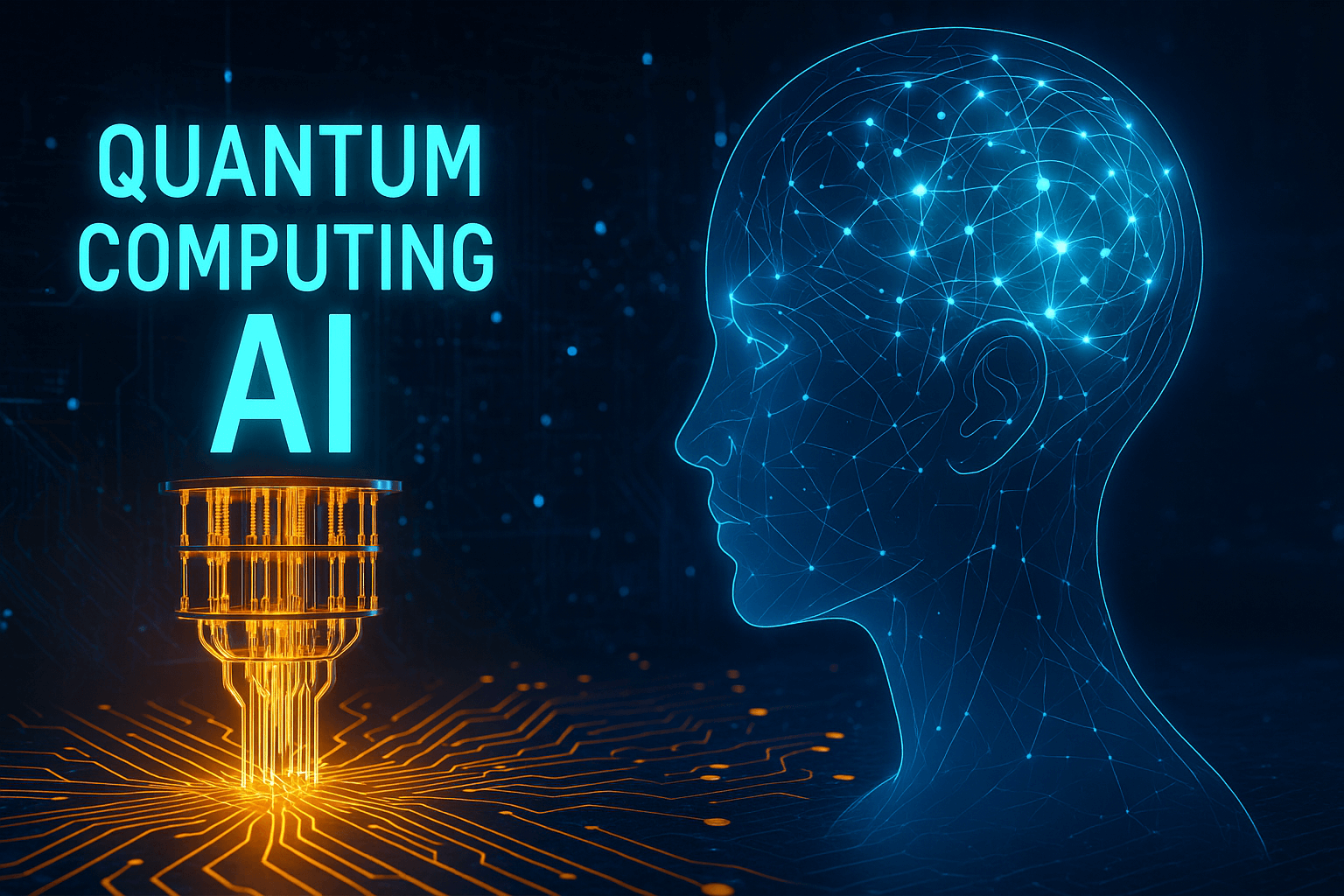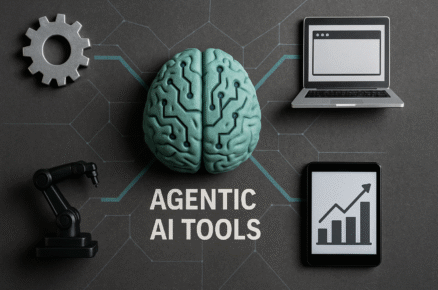Quantum Computing for Beginners 2025
What if your computer could test millions of solutions simultaneously rather than one at a time? Welcome to the future with quantum computing for beginners, a field once confined to physics labs that is now shaping global innovation. With the market for quantum technologies projected to surpass £50 billion by 2030, this is the perfect time to understand what quantum computing really is and how you can get started.
What Makes Quantum Computing So Different?
While traditional computers use bits to process information as either a zero or one, quantum computers use qubits, which can exist in multiple states at once. This fundamental shift allows for far greater processing potential, particularly when solving complex problems.
-
Superposition: A Core Quantum Concept
Superposition means that a qubit can be both zero and one simultaneously. This allows quantum systems to consider multiple outcomes at once, rather than in sequence.
-
Entanglement: Instant Connection Between Qubits
When qubits are entangled, the state of one instantly influences the state of another, even if they are miles apart. This phenomenon enables faster information transfer and more efficient calculations.
Quantum vs Classical Computing
Understanding the key differences between classical and quantum computing helps highlight the power and promise of quantum systems.
Core Comparisons
| Feature | Classical Computing | Quantum Computing |
| Information Unit | Bit (0 or 1) | Qubit (0, 1, or both) |
| Processing Style | Sequential | Parallel |
| Scalability | Linear | Exponential |
| Main Logic | Boolean logic | Quantum logic gates |
Key Takeaways
- Classical computers are general-purpose machines used for everyday tasks.
- Quantum computers specialise in solving problems with massive variables and complex interdependencies.
- They excel in simulation, optimisation, cryptography, and data analysis.
Real-World Uses of Quantum Computing
Quantum computing is already leaving the lab and entering the real world across several industries.
Industries Driving Quantum Adoption
- Pharmaceuticals: Simulating molecules to accelerate drug discovery
- Finance: Detecting fraud and managing complex portfolios
- Logistics: Optimising delivery routes and supply chains
- Cybersecurity: Developing quantum-safe encryption methods
- AI and Machine Learning: Improving pattern recognition and prediction models
Examples of Quantum Computing in Action
- Google announced quantum supremacy in 2019 by solving a problem in 200 seconds that would take a supercomputer 10,000 years.
- Volkswagen is using quantum algorithms to optimise traffic in congested cities.
- Pfizer and IBM are partnering to simulate molecular structures using quantum processors.
Essential Quantum Computing Concepts
To begin understanding and using quantum computing, you should first become familiar with its core building blocks.
Quantum Gates and Circuits
Quantum gates are operations that manipulate qubits, forming circuits that perform computations. Common gates include:
- Hadamard Gate: Creates superposition
- Pauli-X Gate: Flips qubit states
- CNOT Gate: Creates entanglement between two qubits
Measurement and Decoherence
- Measurement collapses a qubit’s superposition into a definite state.
- Decoherence refers to the loss of quantum state due to environmental noise, making quantum error correction a key challenge.
How to Learn Quantum Computing Step by Step
Getting started with quantum computing may seem daunting, but there are now many accessible ways to learn.
Step 1: Build the Foundation
Start by learning the prerequisites:
- Linear Algebra: Vectors, matrices, and complex numbers
- Probability Theory: Understanding uncertainty and measurement
- Python Programming: Most quantum SDKs are Python-based
- Classical Algorithms: Learn how classical computing works
Step 2: Study Quantum Theory
- Read beginner-friendly material such as Quantum Computing for the Very Curious or explore online platforms like Quantum Country.
- Use Brilliant.org for interactive visual learning.
Step 3: Practice with Real Tools
Hands-on experience is key. Try these platforms:
- IBM Qiskit: Write quantum code in Python and run it on real quantum computers via the cloud.
- Microsoft Q Sharp: Develop quantum algorithms with Microsoft’s simulator and Azure Quantum.
- Google Cirq: Ideal for writing, simulating, and running quantum circuits.
Quantum Technology Tutorials and Resources
A variety of tutorials exist to help you move from theory to practice. Here are some trusted learning resources for beginners.
Recommended Quantum Tutorials
- Qiskit Textbook (Free) – Offers a comprehensive and interactive introduction
- Microsoft Learn (Q#) – Provides step-by-step guidance on creating circuits and running simulations
- Quantum Katas – Practice exercises for quantum algorithms
- edX and Coursera – Courses from MIT, University of Toronto, and others
- YouTube Channels – Follow experts like Scott Aaronson and Sabine Hossenfelder for simplified explanations
Free Simulators to Try
Growing Demand and Industry Trends
Quantum computing is not just for scientists and researchers anymore. Companies, governments, and universities are all investing heavily.
Fast Facts
- The quantum computing industry is expected to grow by over 30 percent annually through 2030.
- Over 70 percent of Fortune 100 companies are exploring quantum computing applications.
- More than 3,000 quantum patents were filed globally in the past two years.
- Jobs in quantum computing are predicted to reach over 100,000 by 2028, including roles in software, hardware, education, and policy.
Why Now is the Right Time to Start
- Quantum computing is still in its early stages, but progress is accelerating rapidly. By understanding the quantum computing basics now, you position yourself to take advantage of future opportunities in technology, science, and beyond.
- Whether your goal is to pursue a career in quantum research, enhance your programming skills, or simply stay informed about emerging tech, the journey starts with curiosity and a willingness to learn
Key Takeaways for Beginners
- Qubits use quantum mechanics to outperform classical bits for specific problems.
- Quantum systems are already improving real-world applications across many industries.
- There are free tools and tutorials available, even if you do not have a science background.
- Python is the go-to programming language for quantum development.
- Investing your time now will prepare you for the next wave of technological advancement












Comments are closed.